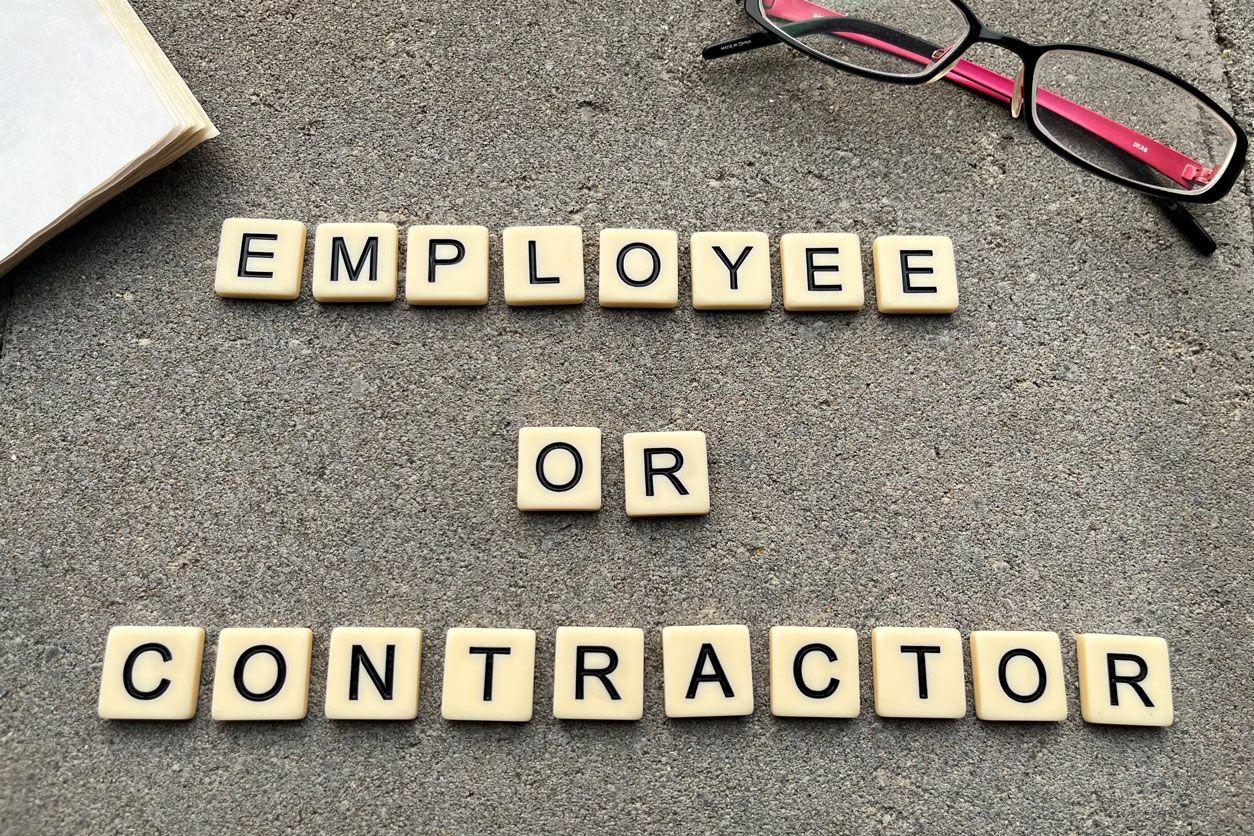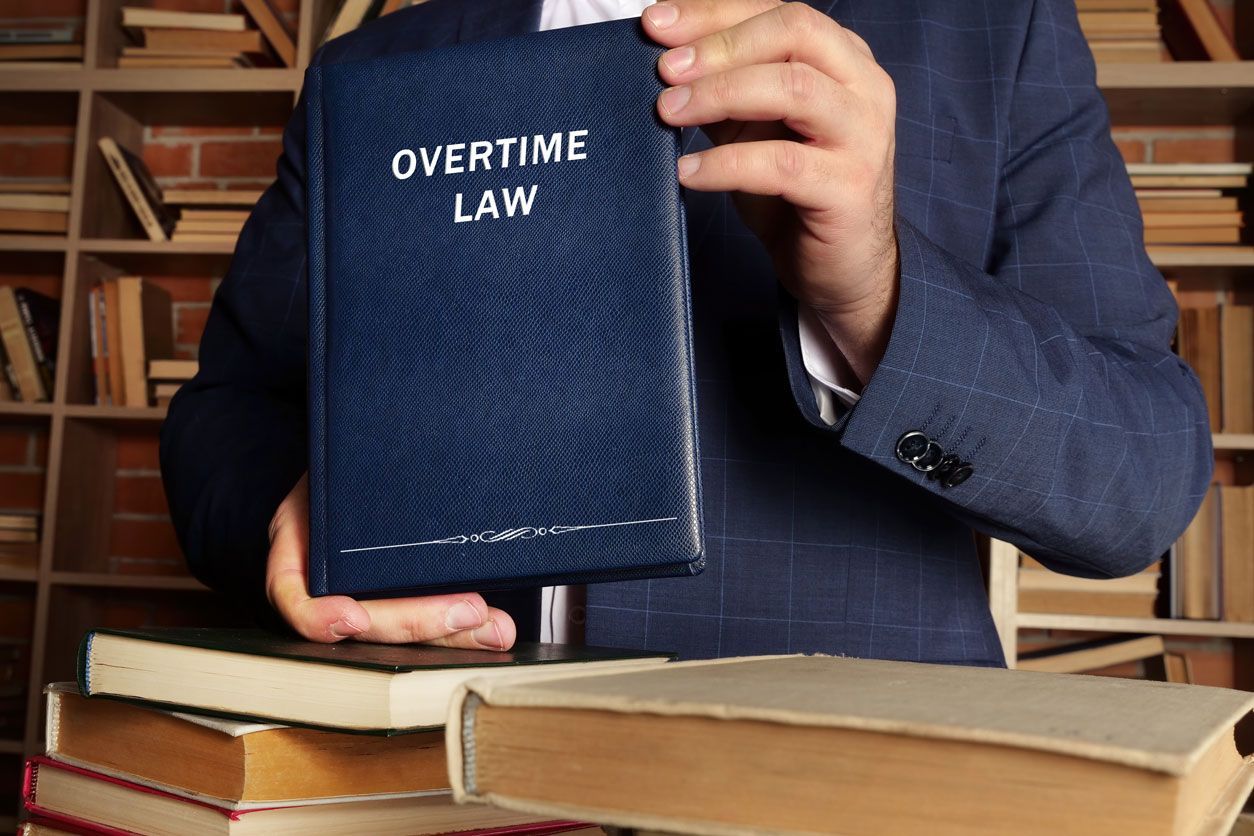Can California Employers Deny Paid Family Leave?

How Much Control Do California Employers Have Over Paid Family Leave?
Taking time off to care for a newborn or help a sick family member can be among life’s most important responsibilities. In California, some workers have access to paid leave benefits through Paid Family Leave (PFL). Others may have job-provided leave under the Family and Medical Leave Act (FMLA) or the California Family Rights Act (CFRA).
So, the question, Can an employer deny paid family leave?, is more complex than it sounds. The state of California does not require your employer’s permission to approve your PFL benefits. However, if your leave is protected by laws like FMLA, and your employer denies it or retaliates against you, they may be violating your legal rights.
What Is Paid Family Leave in California?
Paid Family Leave is a program run by California’s Employment Development Department (EDD). It provides partial wage replacement to employees who take time off for qualifying family reasons. You may receive up to eight weeks of benefits to:
- Bond with a new child through birth, adoption, or foster care
- Care for a seriously ill family member
- Participate in a qualifying military event related to a family member's deployment
This program is funded by employee contributions to State Disability Insurance (SDI). Most workers pay into SDI automatically through payroll deductions. If you’re eligible and apply within the required timeframe (within 41 days of starting leave), the EDD may approve your PFL benefits.
But here’s the key point:
PFL is only a wage benefit. It does
not guarantee that your job will be protected while you’re away. That protection must come from other laws.
When Is Family Leave Protected by Law?
Whether your leave is legally protected depends on your situation and your employer’s size. The two main job protection laws are:
- FMLA (Family and Medical Leave Act) – A federal law that covers workers at companies with 50 or more employees
- CFRA (California Family Rights Act) – A state law that applies to employers with 5 or more employees
To qualify under either law, you must:
- Have worked for your employer for at least 12 months
- Have worked at least 1,250 hours in the 12 months before your leave
- Work for an employer with a qualifying number of employees
If you meet these requirements, you may be entitled to up to 12 weeks of unpaid, job-protected leave per year. This means your employer must allow you to take leave and must return you to your job (or a similar one) afterward.
If you qualify under FMLA or CFRA and your employer denies your request, refuses to hold your job, or fires you, it may be considered a violation of your rights.
What If You’re Approved for PFL but Denied Leave?
This situation happens more often than people think. The state approves your PFL benefits and starts sending payments, but your employer says you can’t take the time off. This is usually a sign that you’re not protected under job leave laws, which can be confusing and frustrating.
To avoid this conflict, it’s important to make sure you qualify for both PFL benefits and job-protected leave before starting your time off. If you aren’t covered by job protection, talk with your employer in advance to avoid risking your employment.
If your leave should be protected and
your employer denies it anyway, you may have a legal claim.
What Changed in 2025?
As of
January 1, 2025, California employers
can no longer require employees to use vacation time or paid time off before accessing Paid Family Leave benefits. Previously, some employers could force you to use up to two weeks of vacation before your PFL payments started. The new rule gives workers more control and flexibility when planning time off for family care or bonding.
What to Do If Your Leave Was Denied or You Were Fired
If you were denied family leave, or you were fired, demoted, or disciplined after requesting time off to care for a family member or bond with a new child, you may be the victim of unlawful denial or employer retaliation.
Here are three key steps to take:
- Document everything. Keep copies of emails, texts, and written leave requests.
- Check your eligibility. Review FMLA and CFRA requirements to see if you meet either.
- Get legal help. Talk to an employment law attorney to find out if your rights were violated.
California Employment Law & FMLA Claims
California helps employees pay for lost wages during family leave. However, this does not mean your employer must approve your absence unless the law requires it. If your employer denied your right to take leave or punished you for asking, you may have a case for compensation.
At Lawyers for Employee and Consumer Rights, we help workers whose employers denied their family leave. If you're in this situation, contact us today for a free and confidential case review. We'll help you understand your rights and next steps.
Note: The above article does not constitute legal advice.
Frequently Asked Questions
1. Can my employer actually deny my Paid Family Leave (PFL) in California?
Not directly. California’s Paid Family Leave is a state-run benefit, not an employer-approved one. Your employer cannot deny or block your PFL claim, but they
can deny job-protected leave under laws like FMLA or CFRA if you don’t meet eligibility requirements.
2. Does Paid Family Leave guarantee I’ll keep my job?
No. PFL provides partial wage replacement, not job protection. Your job may be protected under FMLA, CFRA, or company policies, but PFL alone does not require your employer to hold your position.
3. When is an employer legally required to approve family leave in California?
Employers must approve family leave when you qualify for FMLA or CFRA, both of which protect your job. If you’re eligible and your employer denies the leave, that may violate California employment law.
4. Can my employer punish me for applying for Paid Family Leave?
No. Employers cannot retaliate, discipline, demote, or fire you for requesting or taking protected leave. Retaliation is illegal and can lead to a wrongful termination claim.
5. What if my employer says we’re “too busy” for me to take leave?
Workload doesn’t override the law. If you qualify for protected leave, your employer must comply, even during busy seasons, staffing shortages, or “inconvenient timing.”
6. Can my employer contact me constantly during my leave if I’m a California employee?
They can reach out for necessary, minimal communication, but excessive calls, guilt-tripping, or pressure to return early may be considered interference or retaliation.
7. What happens if my PFL is approved, but my employer refuses to let me return to work?
This can be a serious violation. If your leave was protected under FMLA/CFRA, your employer must reinstate you to the same or equivalent position. Denying reinstatement can be unlawful and may justify a legal claim.
Share on Social Media





